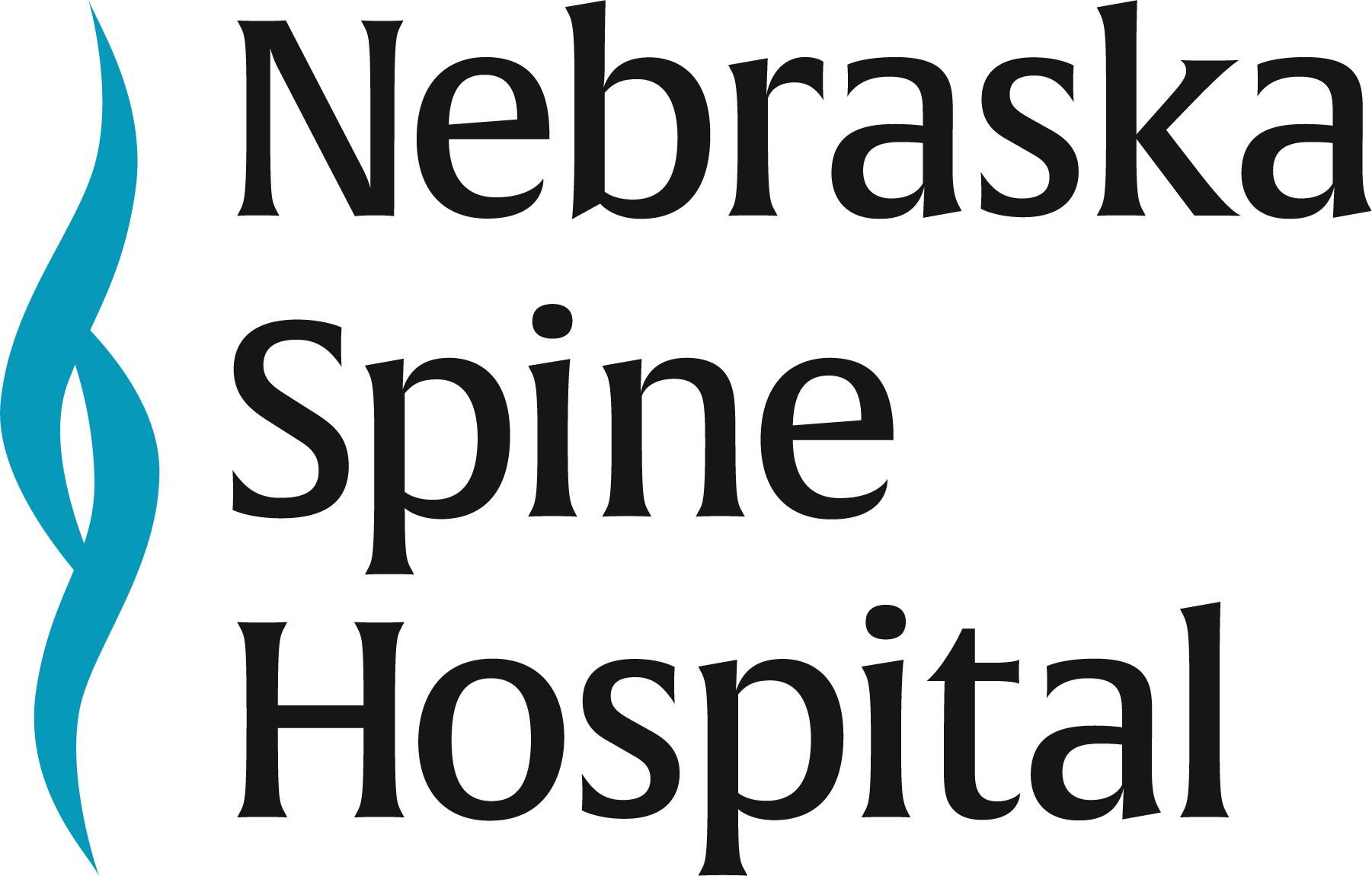Patients
Before Surgery
Preoperative Preparation
Prior to your surgery, you will undergo a series of preoperative tests at your primary care provider’s office. Through your interactions with a Nurse Navigator, you will receive specific instructions on how to prepare for your procedure and plan for your recovery. During the preoperative spine class, you’ll have the opportunity to meet our nurse navigators who will guide you and your family through every step of your spine surgery.
Pre-Operative Visit and Testing
Your preoperative visit and tests may include:
- Blood tests
- Urine test
- Electrocardiogram (ECG)
- Chest x-ray
- Cardiac stress test
- CT scan(s) of the spine
Physical Examination: A physical examination will be conducted by a medical provider (not your spine surgeon) before surgery to ensure your body is fit for the procedure.
Planning Your Visit
Medication Guidelines
Before Your Hospital Admission
- Provide a current and accurate list of all medications to your surgeon and the doctor performing your pre-surgical physical, including over-the-counter medications and herbal supplements.
- Do not take aspirin, ibuprofen, or other anti-inflammatory medications (such as Advil, Motrin, or Aleve) starting two weeks before surgery and for up to three to four months after surgery, as these can inhibit bone fusion.
Day Before Surgery Preparation
Skin Scrub
- Bathe and shampoo your hair the evening before surgery.
- Sleep on clean sheets.
- Remove nail polish before surgery. Your doctor may instruct you to scrub your skin with a special soap to decrease the risk of infection.
- The area of focus depends on the surgical procedure being performed. You may need assistance from a family member.
- Use small circular motions for 15 minutes the evening before and the morning of surgery.
- If you have any sores or irritated skin areas, notify your physician before surgery.
Diet and Routine Medications
- If your surgery is scheduled for the morning, stop eating and drinking at midnight the night before (including water, coffee, gum, and breath mints).
- If your surgery is in the afternoon, you may be allowed to drink fluids until early morning.
- An empty stomach helps minimize the risk of nausea and vomiting.
- The anesthesiologist will specify when to stop eating and drinking.
- On the morning of surgery, brush your teeth and wash up, but do not swallow any water.
- You may be instructed to take some medications on the day of surgery with a small sip of water.
- If necessary, your doctor may prescribe a bowel preparation solution to drink the afternoon before surgery.
Jewelry and Personal Items
- All jewelry, makeup, and nail polish must be removed prior to surgery. If you have artificial nails, at least one must be removed for oxygen monitoring.
- Any jewelry you bring on the morning of surgery will need to be given to family members. If you have a ring that cannot be removed, ask the nurses to tape it securely to your finger.
- Please leave all valuables at home.
Preparing Your Home for a Safe Return
Before coming to the hospital for surgery:
- Arrange for a friend or loved one to help you for at least a week when you return home.
- Remove any tripping hazards such as throw rugs, extension cords, or phone cords.
- Have a plan for your pets.
- Prepare meals and freeze them.
- Clean your house and do the laundry.
- Ensure walkways, stairs, and hallways are well-lit and free of clutter.
- If you do not have a shower, install a handheld shower hose that attaches to the tub faucet.
Important Notice on Nicotine Use Before Surgery
Research has found that nicotine can significantly hinder surgical spine fusion outcomes and adversely affect the respiratory, circulatory, and digestive systems, impacting your recovery after surgery.
In light of this, your surgeon may require you to be nicotine-free before your procedure. This includes refraining from cigarettes, chewing tobacco, and all forms of nicotine replacement products such as gum or patches.
Key Guidelines:
- Nicotine Cessation: Depending on your surgeon’s instructions, you may need to be nicotine-free for at least 2 weeks before surgery.
- Scheduling a Nicotine Test: Once you have been nicotine-free for 2 weeks, our office will schedule a urine nicotine test.
- Test Results: If your test is negative, our nurse will discuss scheduling your surgery date. You will also undergo a re-test for nicotine during your preoperative blood work.
- Positive Test Outcome: Please be aware that if your nicotine test is positive at any stage, your surgery may be canceled.
Ensuring you are nicotine-free is crucial for your health and successful recovery. We appreciate your cooperation in adhering to these guidelines. If you have any questions or need support in quitting nicotine, please do not hesitate to contact our office.


